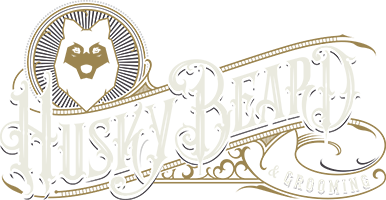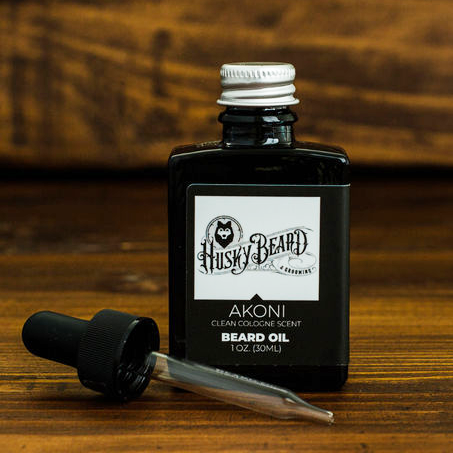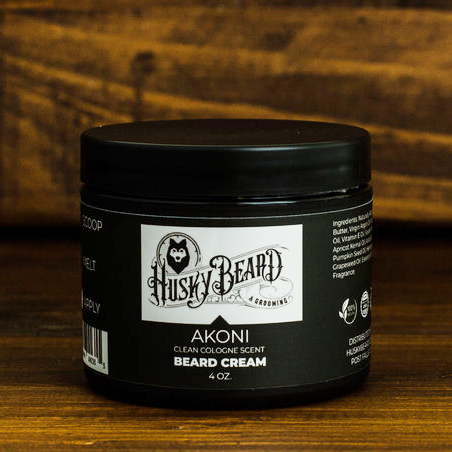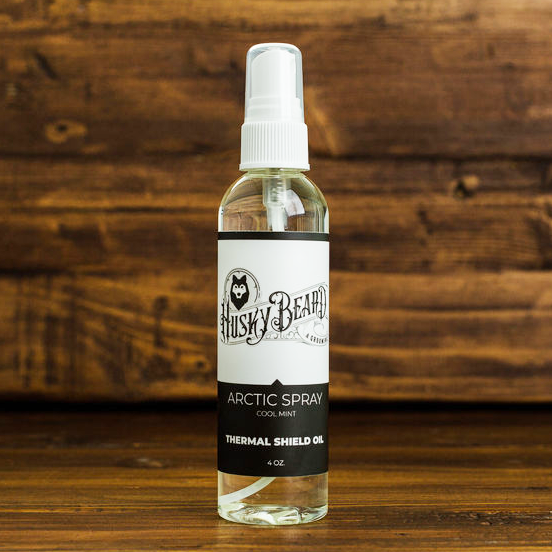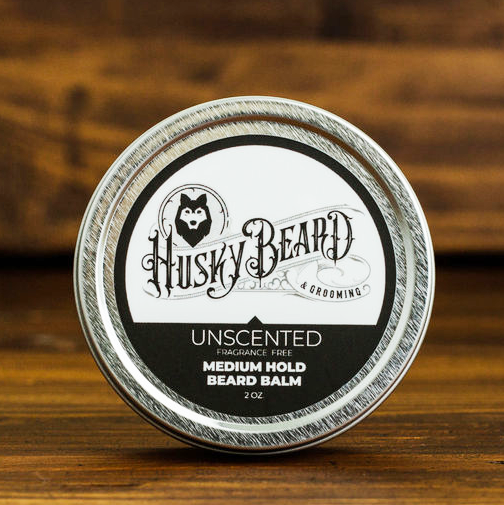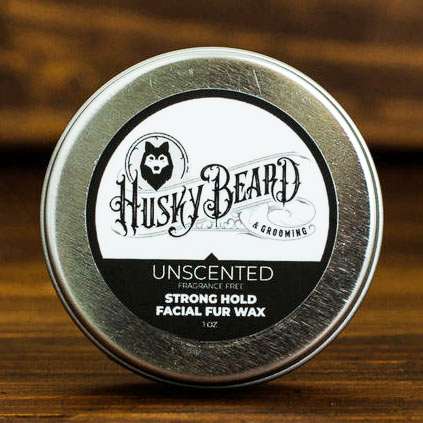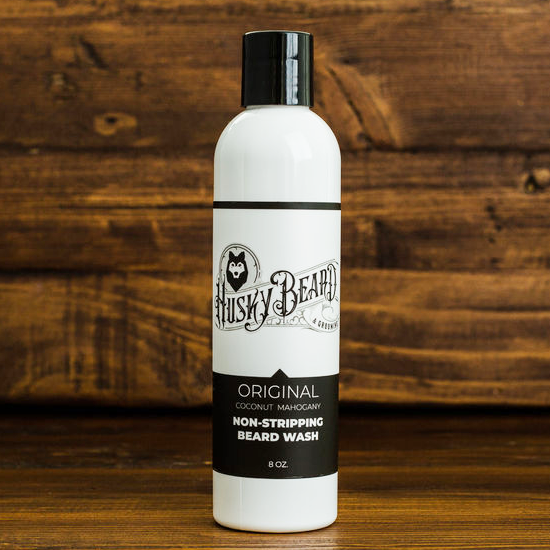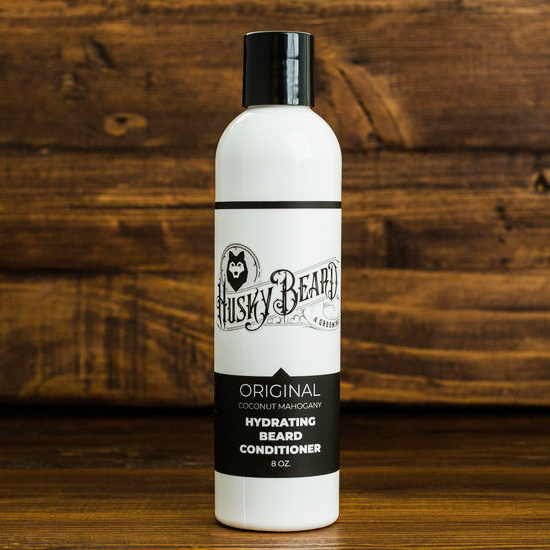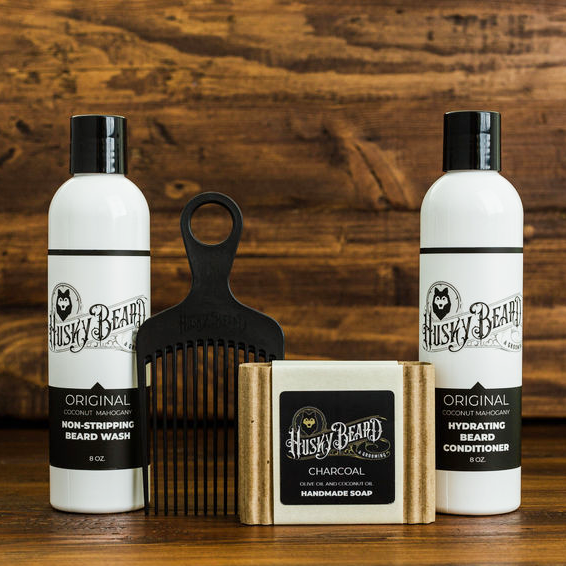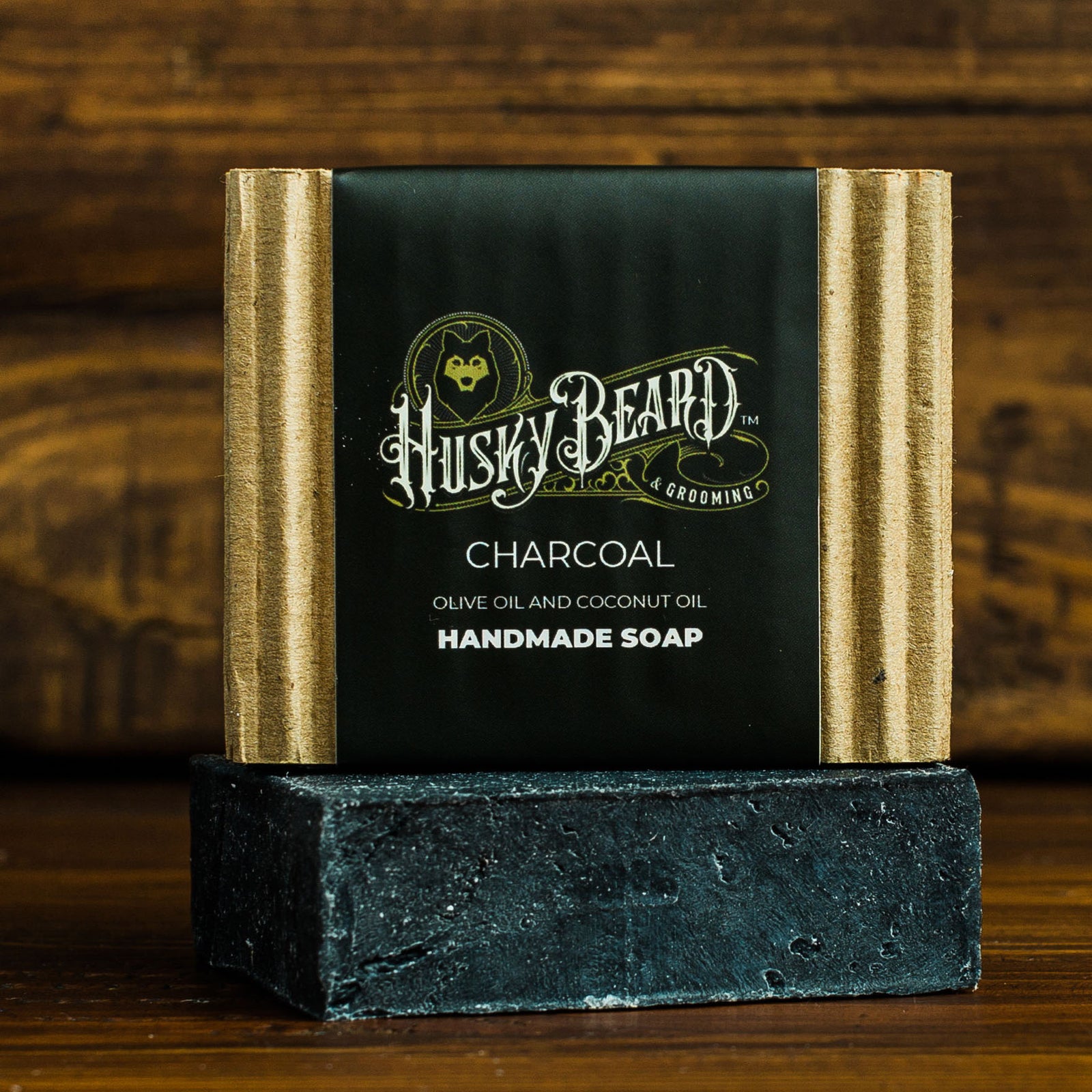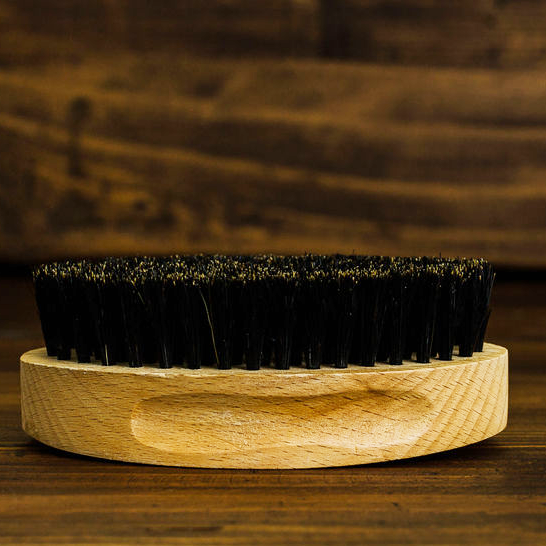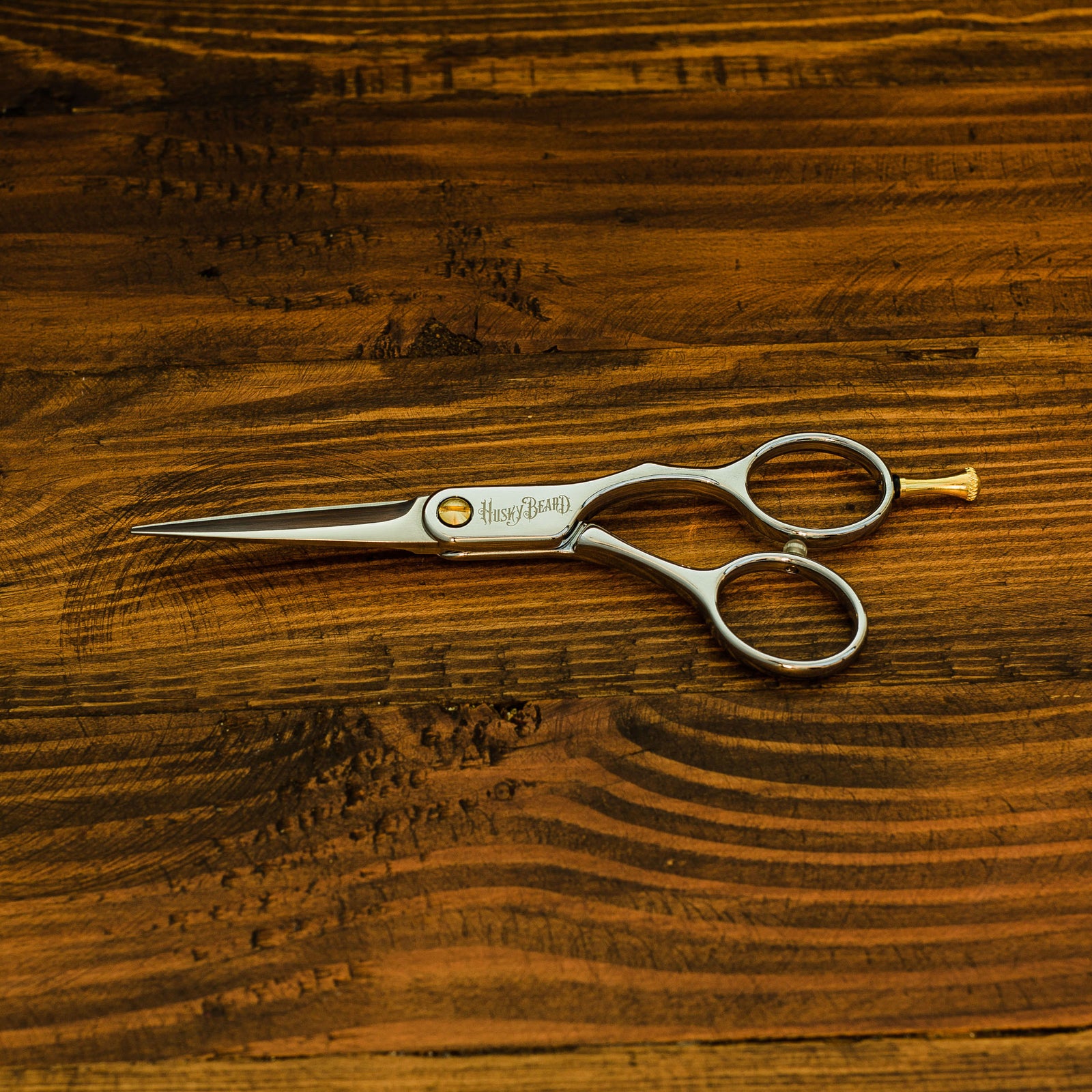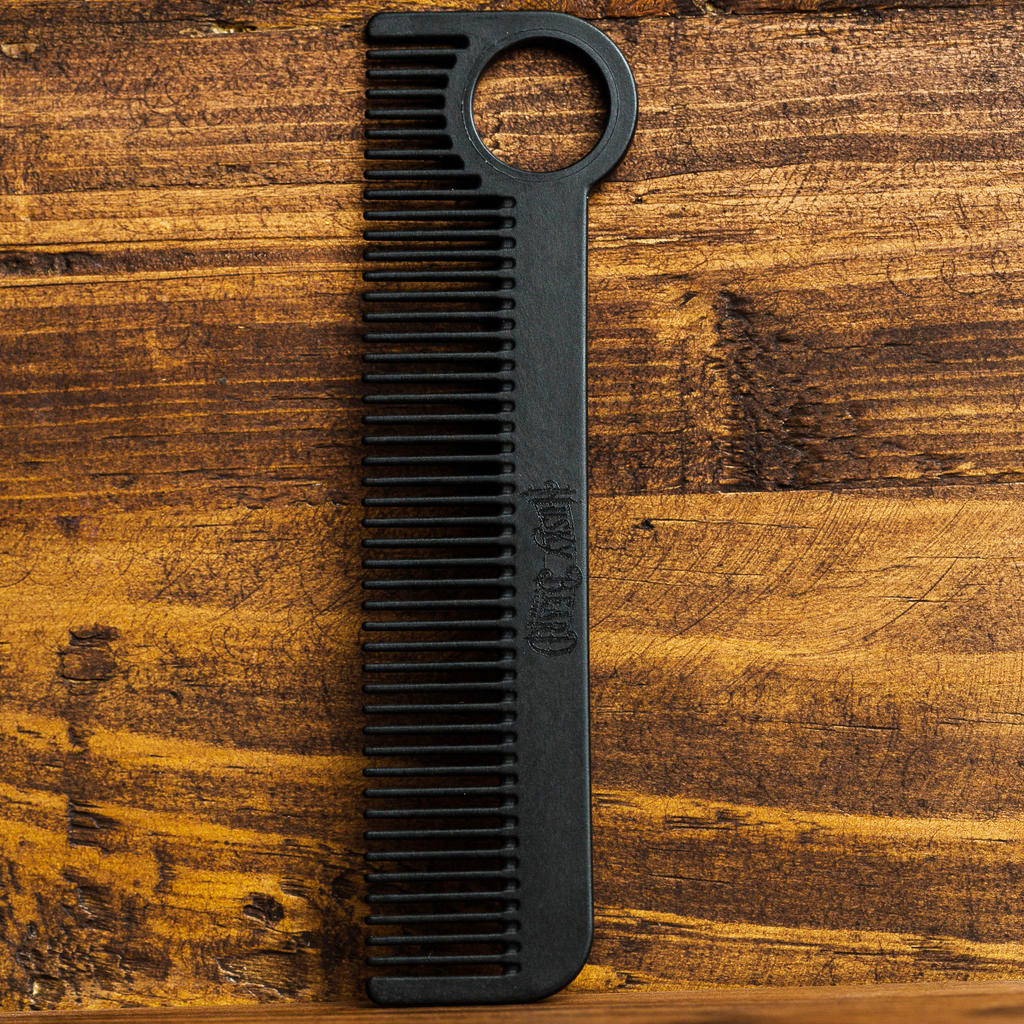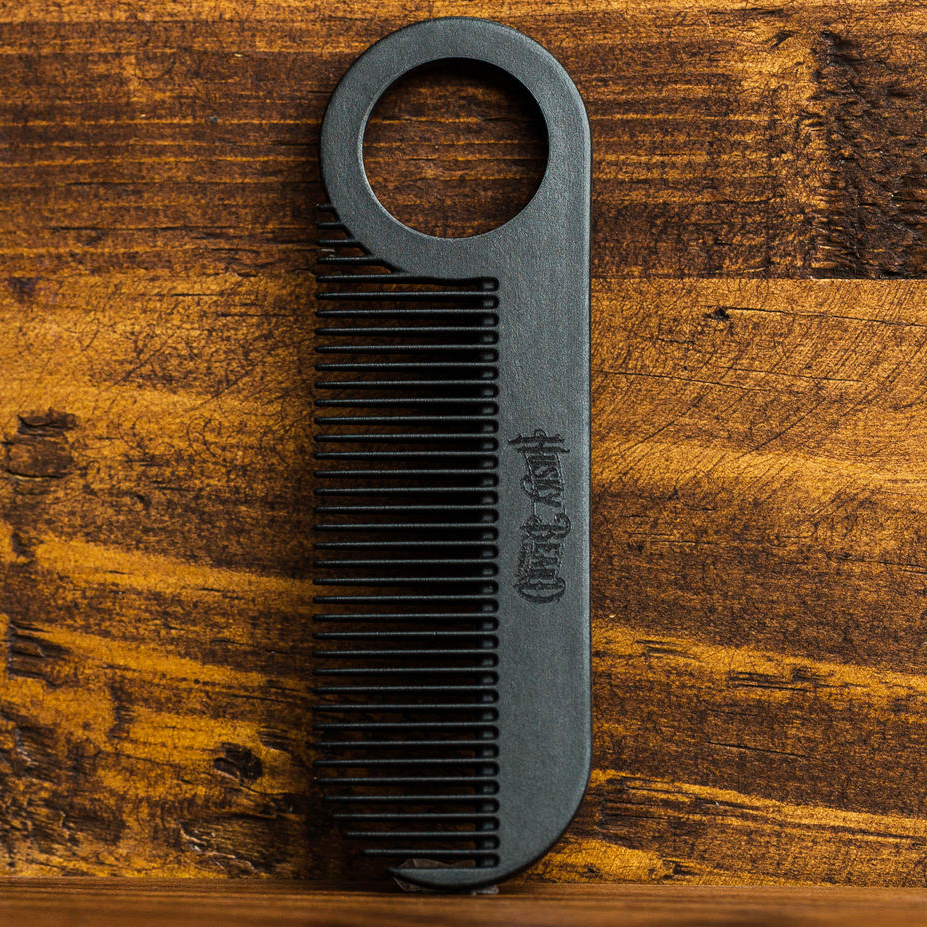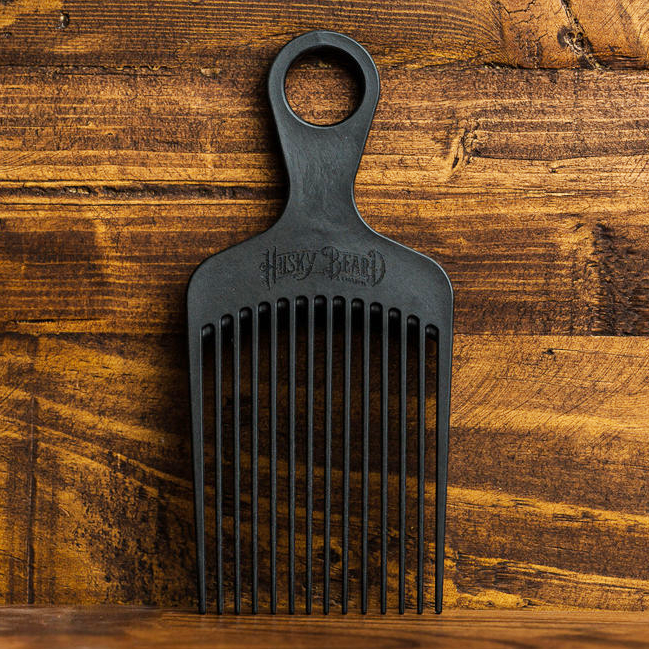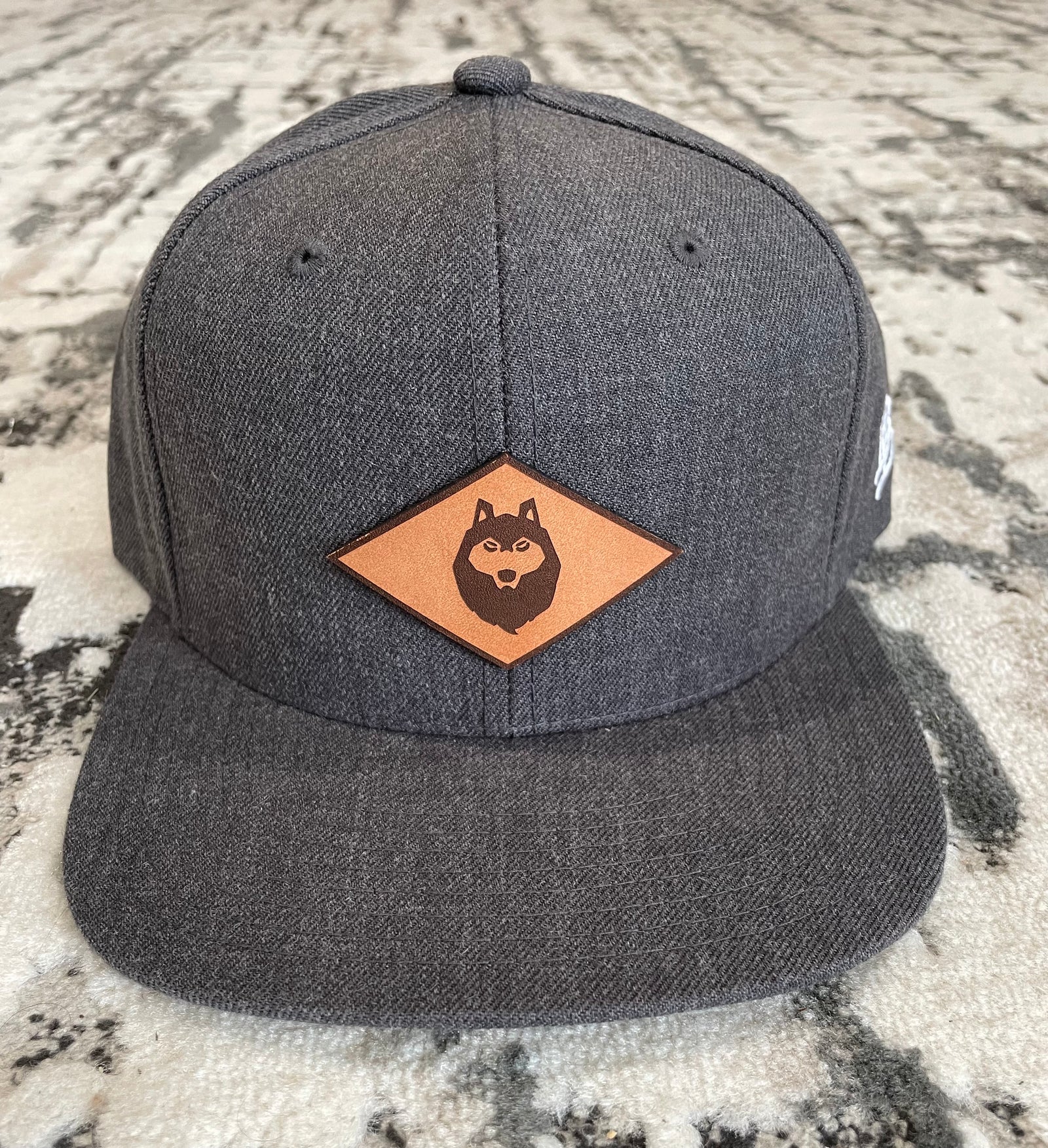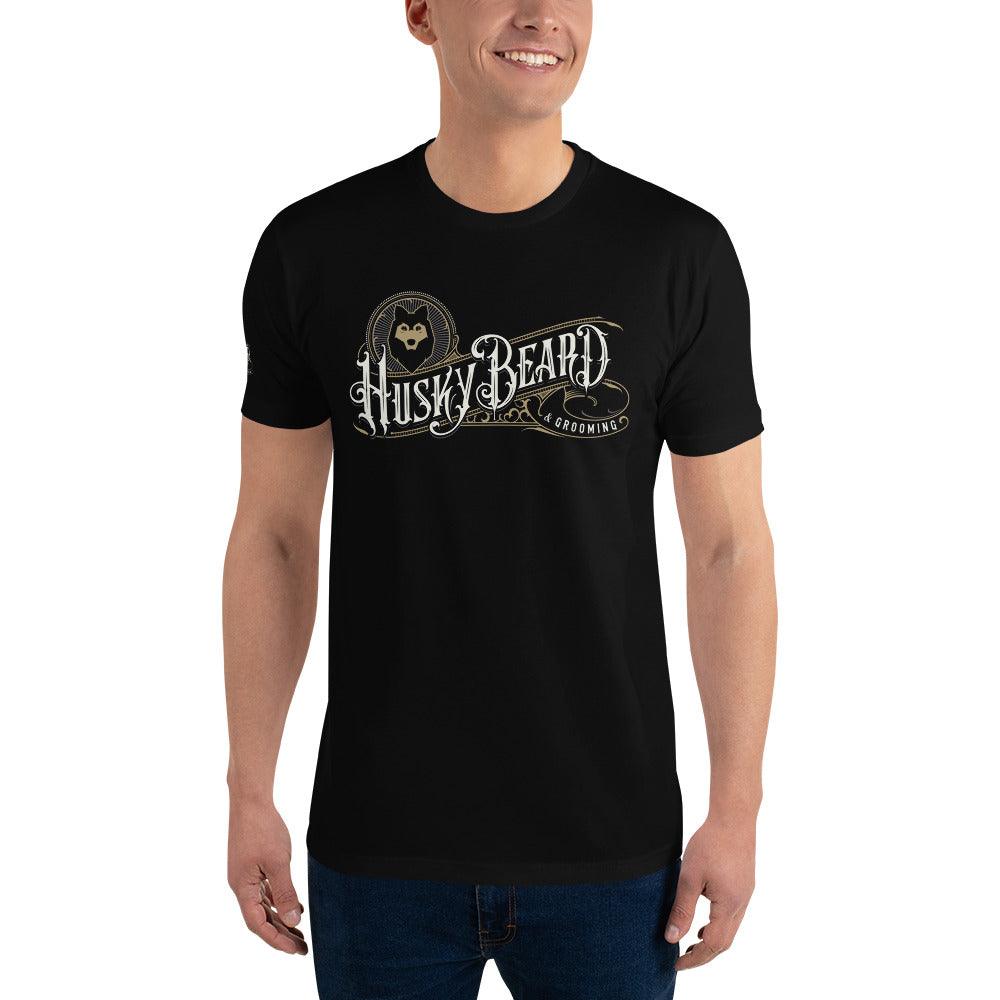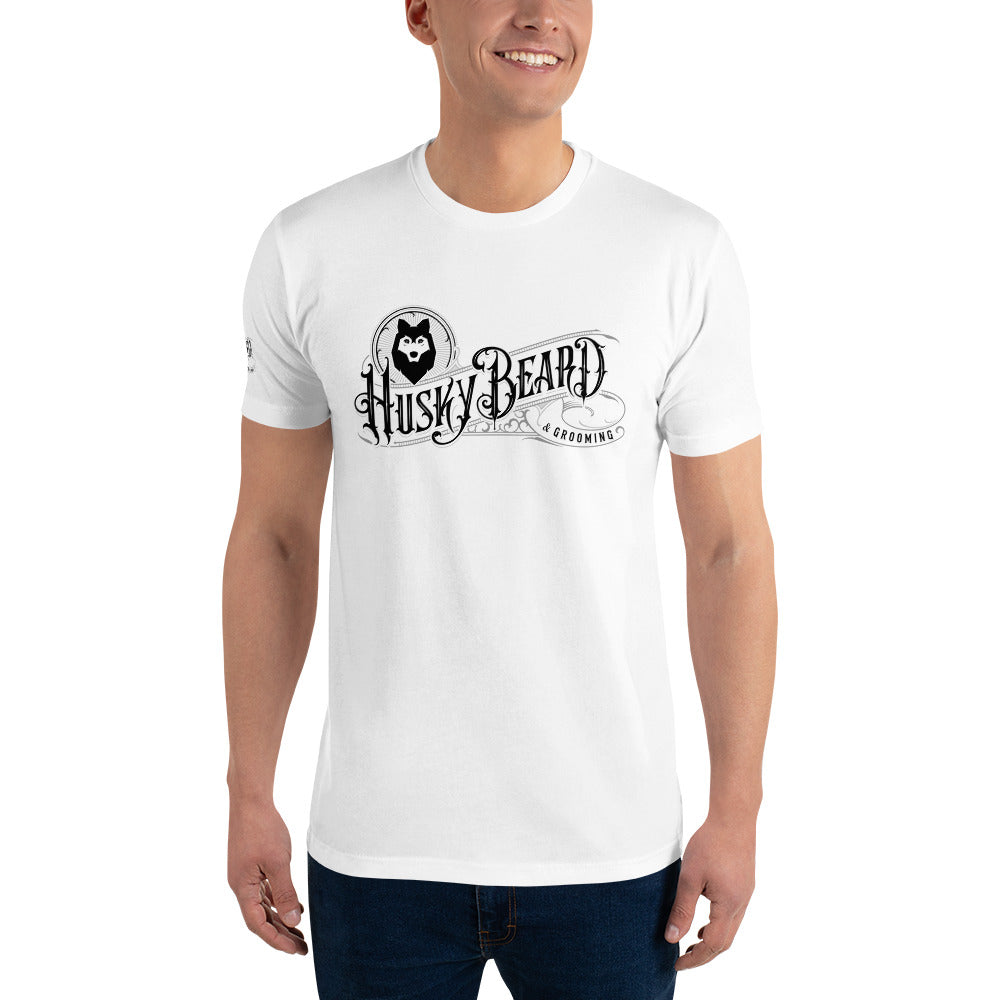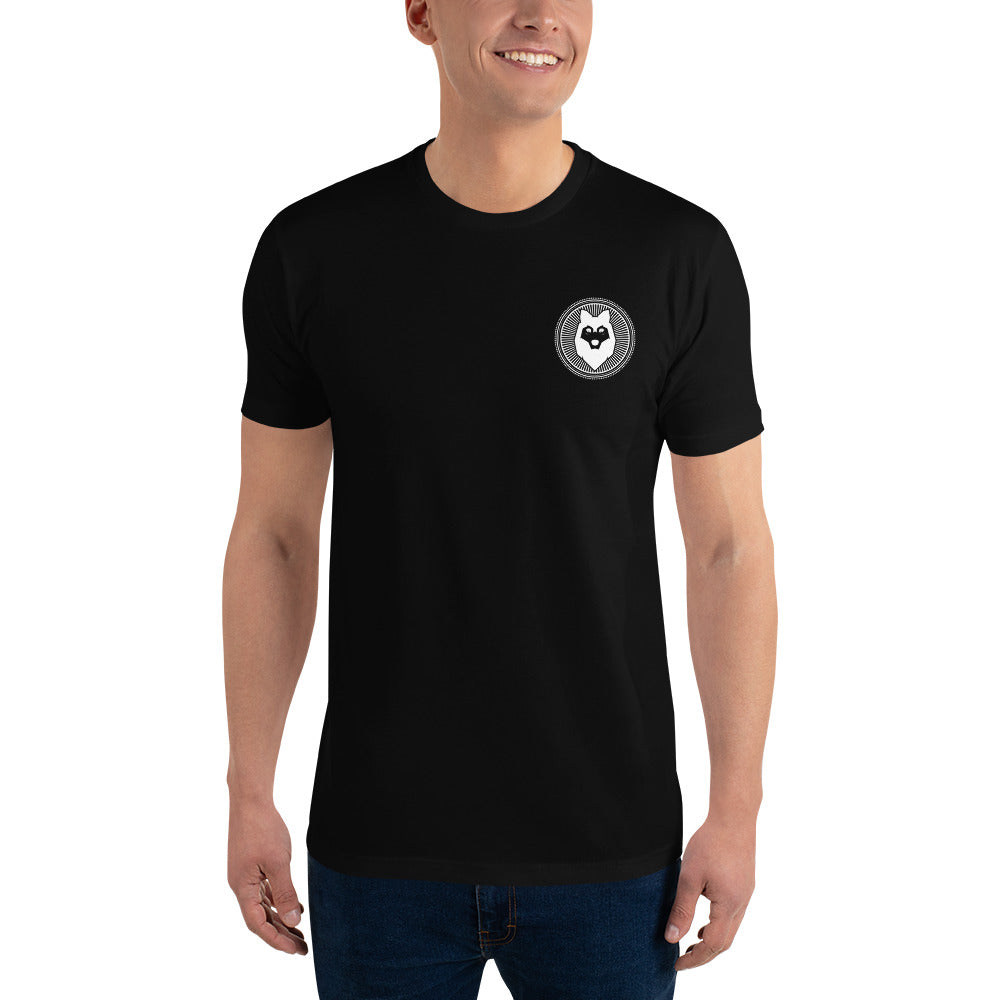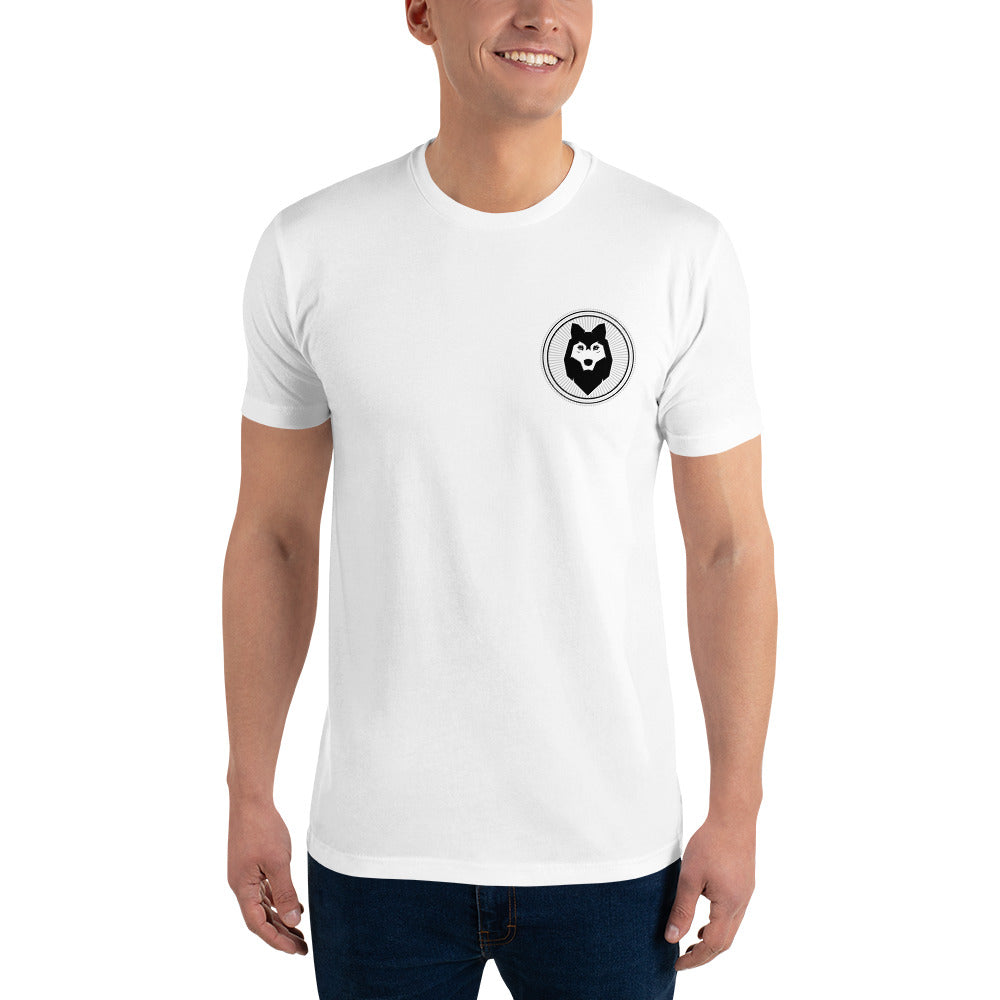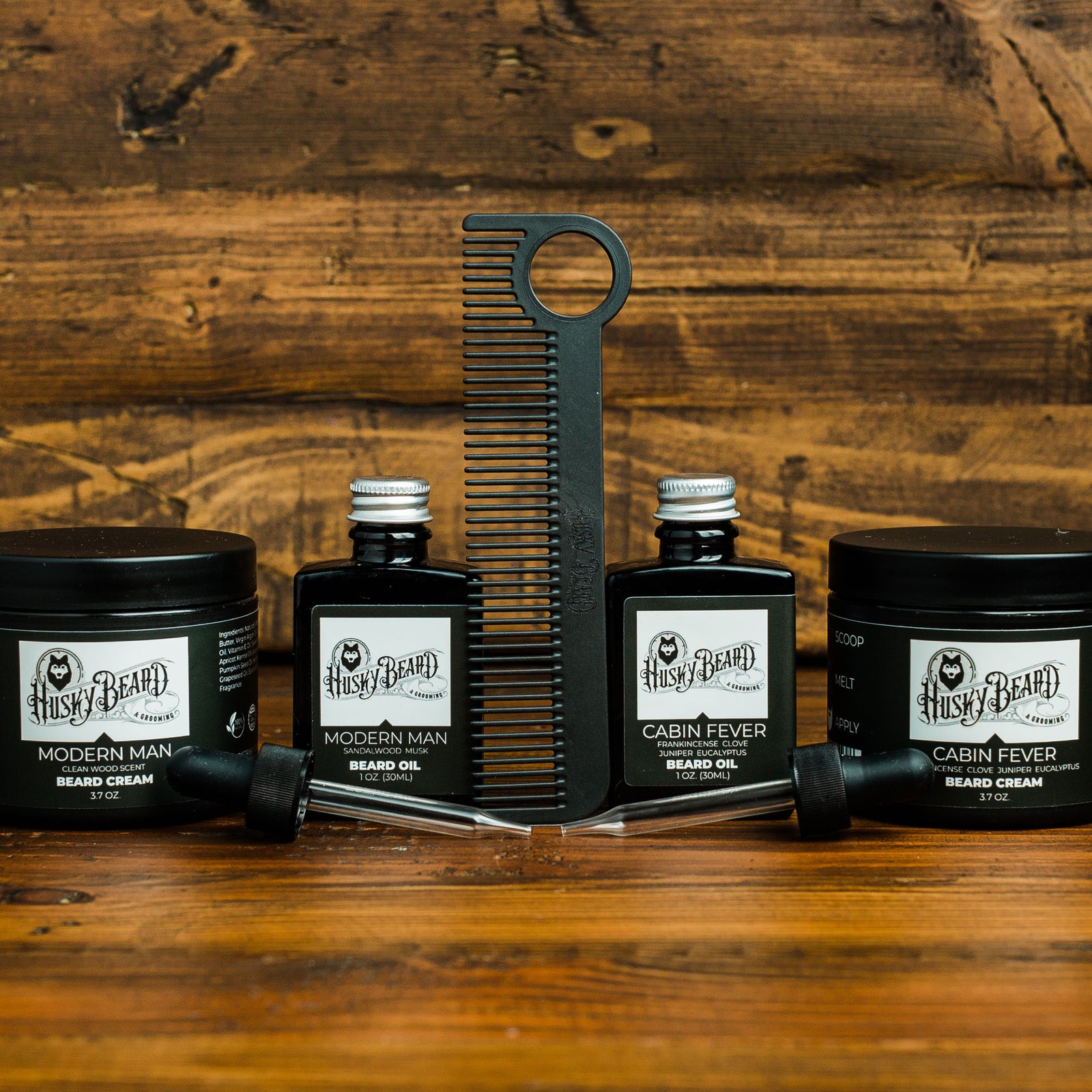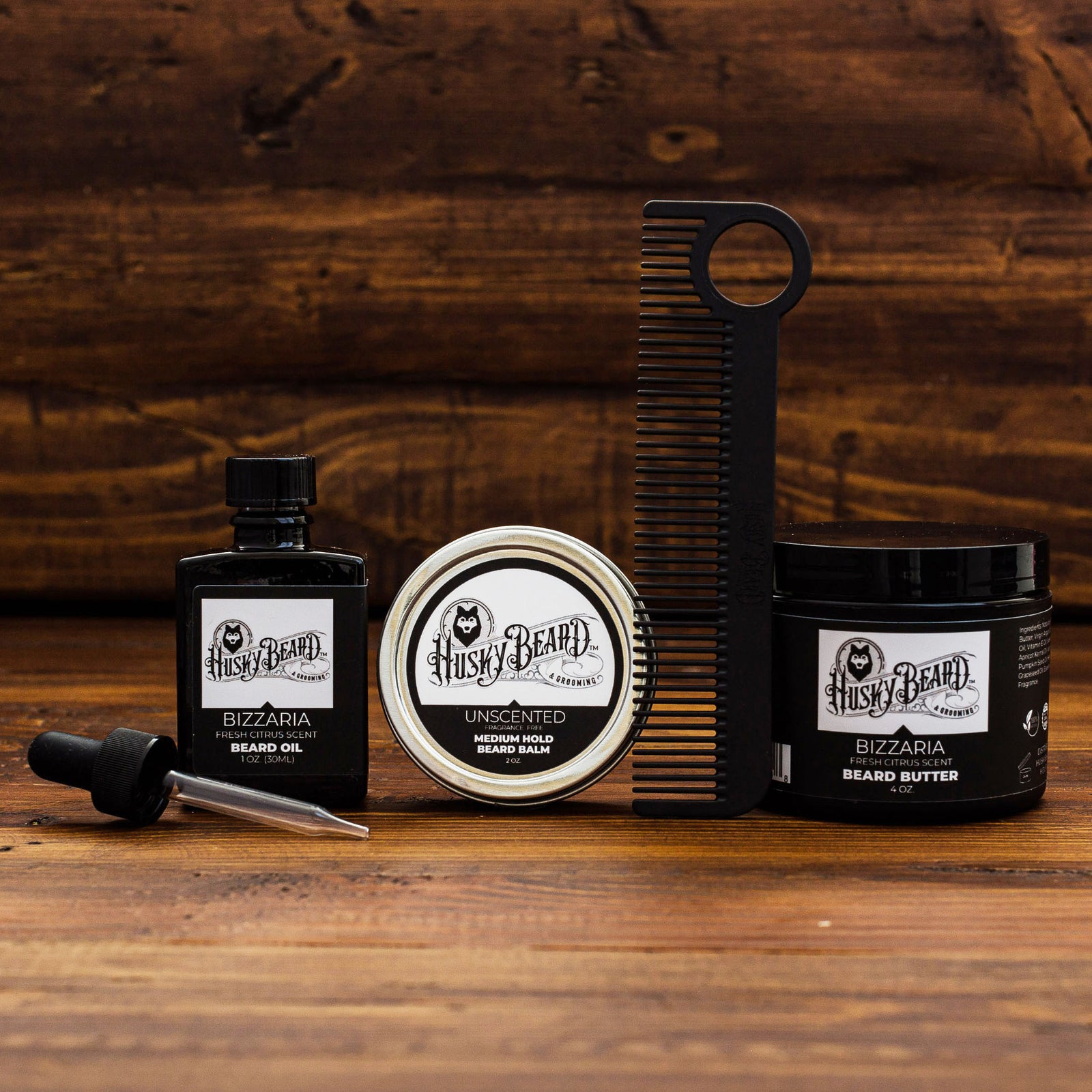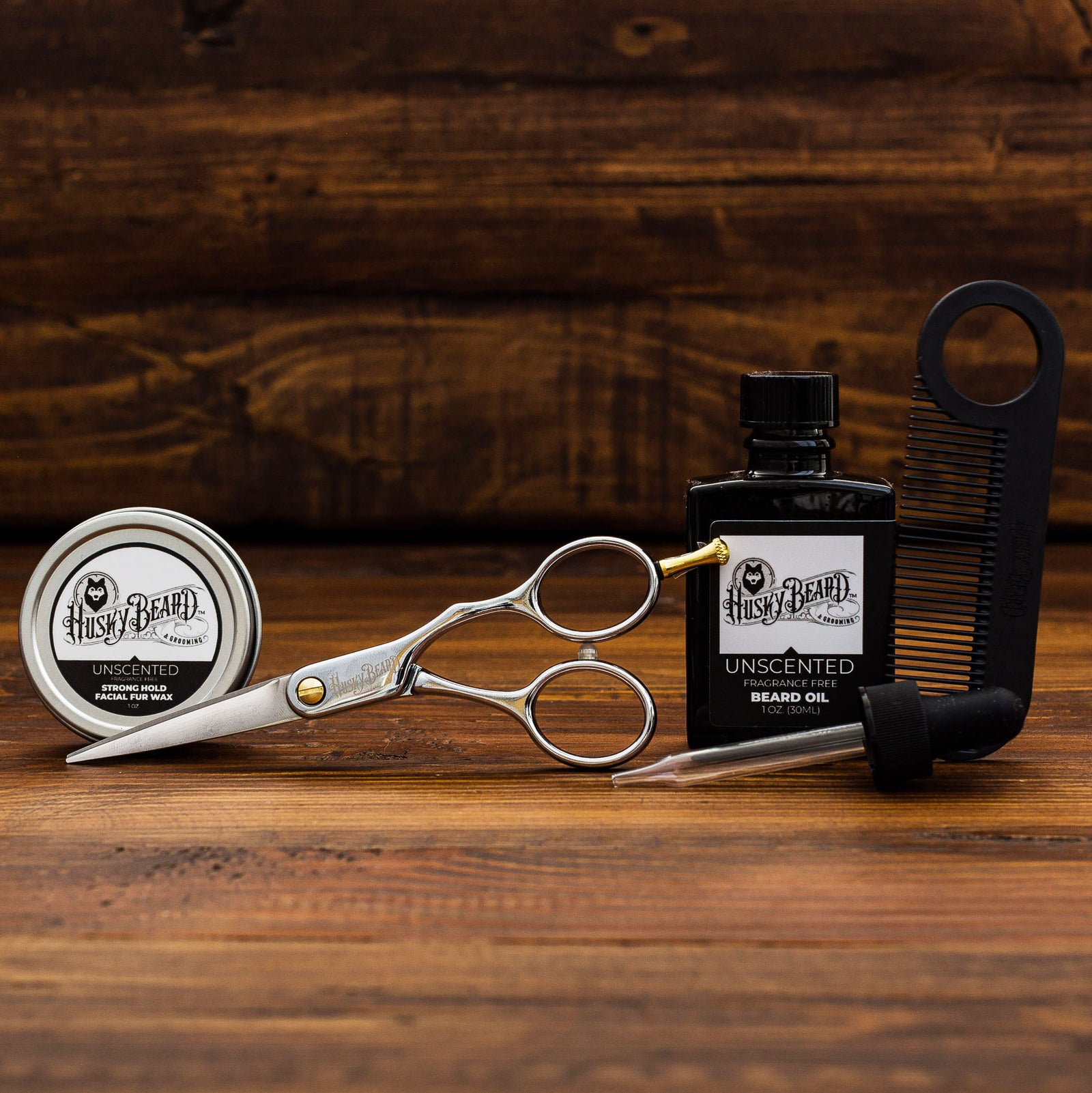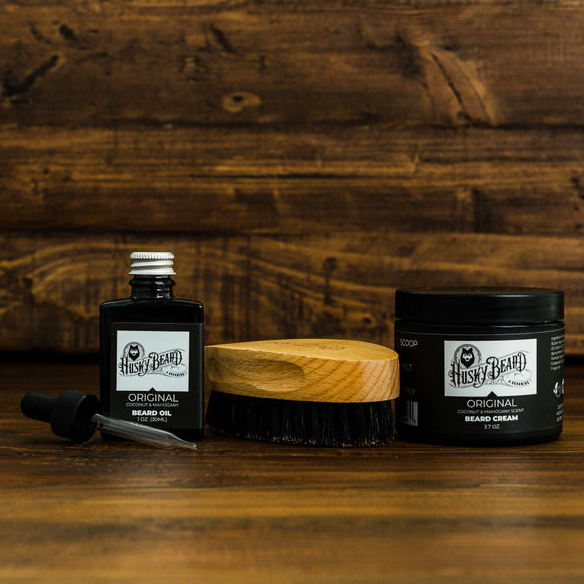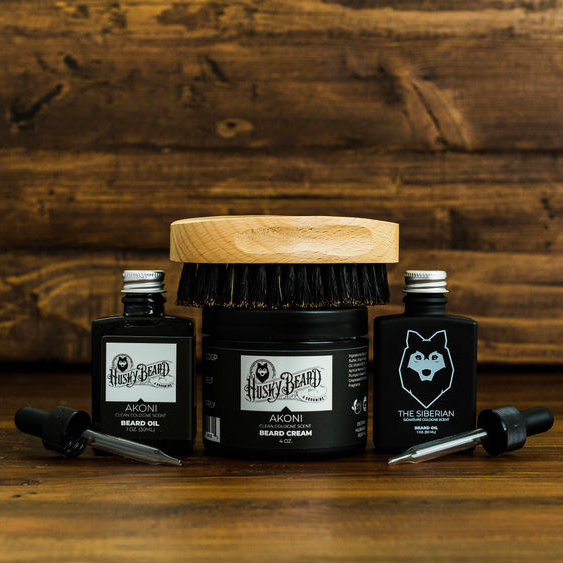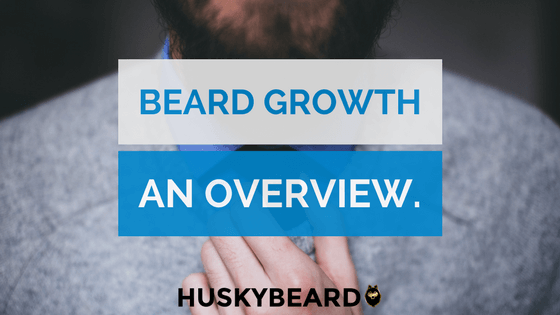Beard Growth Products, Vitamins, & Supplements - Do They Work?
Let's face it, the global demand for being bearded is sky high - and for a good reason. Growing a beard can have significant effects on a man's attractiveness, self-esteem, and character. Reasons men grow their facial hair range from the desire to look more masculine to covering acne scars and weak jaw lines.
Buy now and save 20% off. Use code VITAMIN20 at checkout
Naturally, the economy will react and businesses will try to meet this demand by supplying all kinds of snake oils, false information, and over-priced multivitamins in order to profit off of vulnerable beardless/patchy-bearded men. (And they are indeed making money).
It's easy to sell imagination and hope with a bottle of pills that say "BEARD GROWTH BOOSTER - Results in 30 Days" because beardless men are convinced that spending $30-$100 will result in their dream beard and get rid of all those annoying beard patches.
This article will be grounded by scientific theory and resources on what we currently know about facial hair development. Hope you enjoy the hundreds of hours dedicated towards this research by yours truly.
The Difference Between Scalp Hair & Facial Hair
Firstly, there is a distinct difference between scalp hair and facial hair. So as of now, discontinue use of any scalp related products on your beard. Those soaps are full of harsh chemicals, and those oil stripping shampoos and conditioners? Your current beard doesn’t appreciate it.
Beard follicles are dependent on androgens, or “male hormones”. The androgen dihydrotestosterone (DHT) is primarily responsible for beard growth. This is basically the bigger brother of testosterone.
Conversely, scalp hair follicles actually miniaturize and become less active under DHT. Notice how many bald men have legendary beards? That's no coincidence.
These androgens act together in facial hair development. "T for hair follicle priming and DHT for promotion of linear growth" is what this study claimed.
Types of Hairs
In order to to approach the subject of hair growth, we have to know what kind of hairs we're actualy talking about. There are two types: vellus and terminal hairs. There is also the term "transitional hairs" but these are simply vellus hairs that are going through the process of becoming terminal.
- Vellus hairs, aka "peach fuzz", are very fine and hard to see from a distance. These thin hairs eventually lose its permanence through a period of shedding. Naturally, these vellus hairs shed and are replaced with another vellus/transitional hair or terminal hair.
- Transitional hairs are still vellus hairs but have a bit more length to them and may appear a bit darker/thicker. Because of their vellus nature, these are still temporary.
- Terminal hairs are the thick, mature, and pigmented hair follicles that you are looking for. These are the hairs that you can see from a distance.
You may look at yourself and realize many of your beard hairs are vellus. "How long does it take for vellus to turn terminal?" you may ask. The time depends and is really not something that can be coaxed. Some claim that you can speed up this process but it is largely inconclusive.
The Hair Growth Cycle
"Normal hair follicles cycle between a growth stage (anagen), a degenerative stage (catagen), a resting stage (telogen), and a shedding stage (exogen)."
"Effective therapeutic strategies for hair loss in declining order of importance are:
- Inhibition of catagen development in order to prolong anagen.
- Induction of anagen in telogen follicles
- Inhibition of exogen."
(Above two quotations are from this study).
If one can alter the hairs' stage in its cycle, then these hairs may incur growth.
Now that you understand the distinct effects of T & DHT for beard growth, the difference between vellus and terminal hairs, and the natural hair growth cycle, we can explore why beard growth products aren't all that promising.

Can you "stimulate" beard growth?
Theoretically, yes. If an ingredient/drug has supporting studies that show hair growth results while not displaying any inhibitory effects on DHT, then it is possible that these substances could "stimulate" beard growth. Keep in mind, many users experiment with such substances and do not find success; however, the opposite side is also true. Results vary because...genetics. The prime example of a promising ingredient is the drug Minoxidil.
Minoxidil 5% (aka Men's Rogaine), which is FDA approved for hair growth, acts through a series of mechanisms. Increased oxygen, blood flow, and nutrients to the follicle, induction of cell growth factors, inhibition of catagen development (when the hairs begin to die) in order to prolong anagen (when the hairs being to grow), and a multitude of other actions. Scientists are actually still unsure of how this drug works.
What products/ingredients help with beard growth?
As of now, Minoxidil is the most practical and successful drug in order to fill in beard patches and grow a better beard. It's important to know that there is a significant success rate with this ingredient, but it may take over 1 year to grow a desirable, permanent beard from the use of this drug. I highly recommend checking out these FAQs in this article.
Recommended Products To Start Out With:
Buy now and save 20% off. Use code VITAMIN20 at checkout
Should I take biotin?
You can, but it is not necessary to consume it everyday especially because a standard diet will have a sufficient amount of Biotin anyway. But, there is a chance you may be deficient in biotin, so supplementing 5,000mcg a few times a week is adequate.
Should I take collagen supplements?
Yes. Especially if you are using Minoxidil, as Minoxidil has been shown to inhibit collagen production. In case you didn't know, collagen is the skin protein that is responsible for youthful looking, soft, wrinkle-free skin, and healthy, strong hair follicles.
Are there natural ingredients that stimulate beard growth?
Some studies on natural ingredients do suggest hair growth effects but are not strongly conclusive due to little anecdotal evidence and scientific studies. These mentioned ingredients are simply the ones that seem more promising than the hundreds out there. I am not suggesting that these ingredients will work, nor am I proclaiming that the descriptions for these ingredients are conclusive.
Keep note that just because 1 or 2 studies suggest hair growth effects for an ingredient does not mean their findings are infallible. These ingredients are GRAS (generally recognized as safe, serious or mild side effects are rare) but attempt at your own discretion and after you research yourself.
Some natural beard/hair growth alternatives include:
- Biotin
- At first, I did not want to include this ingredient in this list because many companies already promote this ingredient as a hair growth ingredient, even though it is not.
- The reason this ingredient is not necessarily a hair growth ingredient is because users will only experience potential hair growth effects IF they have a deficiency in this vitamin. It is likely that you will already have a very sufficient amount of this ingredient if you consume a moderately healthy diet or consume a daily multivitamin pill that has this vitamin.
- However, consuming extra biotin will not do any harm; excess biotin will simply get flushed out of your system. You may purchase some Biotin here, if you feel like it will help you. 2,500mcg is definitely sufficient, anymore is most likely a waste.
- Peppermint Essential Oil
- An in-vitro study showed that 3% peppermint essential oil (PEO) was equivalent to the hair growth effects of Minoxidil 3%. The primary action is increased blood flow.
- A popular home remedy is mix PEO with a concentration of 5% with a carrier oil, such as jojoba oil, with a concentration of 95%. It's also very good for the skin and hair. This is the ingredient I recommend the most, right after Minoxidil.
- Copper Peptides (GHK-Cu)
- For more on this ingredient, check out this blog post!
- These small protein fragments of amino acids are known for their "skin remodeling effects", which is why this ingredient is very popular in the cosmetic/anti-aging industry. Some users have reported successful hair/beard growth effects, but the majority of this ingredient's studies point towards angiogenesis (development of new blood cells), collagen production, and keratinocyte proliferation. These mechanisms might have a positive influence on hair growth but it is a stretch to say the least.
- Panax Ginseng
- This ingredient, specifically Fructus Panax Ginseng, tested on mice surprisingly showed more hair shaft growth than Minoxidil 5%. (Study)
- Procyanidin B-2
- I've also analyzed this ingredient and its effectiveness int his article here!
- An apple a day keeps the trichologist away. Yeah, that was a bad pun and any possible hair growth effects wouldn't come from eating 1, or 20 apples a day. This study found that 4% PB-2 was more effective than Minoxidil. The hair growth effects were mediated through iniation of anagen, stimulation of blood flow, and the rich source of antioxidants.
- Tretinoin (Retin-A)
- This Vitamin A derivative works by cellular communication and promotion of new skin cells. Tretinoin is not very significant when used on its own (although this study did propose some mechanisms for hair growth), but synergistically works with Minoxidil to promote denser hair growth. Check out this article I wrote all about Tretinoin.
- P-1075 (Pinacidil analog)
- I don't know much about this ingredient but this study resulted in more hair growth than Minoxidil at the same concentrations, most likely through increased blood flow and not the opening of potassium channels.
- Eclipta Alba
- Aka False Daisy or Bhringraj, eclipta alba "strongly displayed incomparability of hair growth promotion activity" than 40 other plant extracts known for hair growth effects. (Study)
- Asiasari Radix Extract
- This study also examined 45 plant extracts traditionally used for hair growth, and found that Asiasari Radix Extract showed the most potent hair growth promotion; it even outperformed Eclipta Alba. (Study)
- There are hundreds of other ingredients/substances that I've studied that are not mentioned; these are just the ones that have stood out to me.
Buy now and save 20% off. Use code VITAMIN20 at checkout
Conclusion:
Needless to say, I am not attempting to proclaim that this article concludes all understanding of beard or hair growth. This was my gathering of multiple studies, anecdotes, and resources in order to address the topic of beard growth to the best of my abilities.
Beard growth is largely tied to your genetics (obviously). If your father has a thick bushy beard, chances are you will develop yours too in time. If you're in your 20s, your beard will develop significantly as you get older.
The best things you can do (and should do already) is to have a healthy diet consisting of nutrients that support testosterone and dihyrdotestosterone production.
Having a healthy lifestyle in general, like exercising regularly, being sexually active, avoiding smoking, getting sufficient sleep, and avoiding stress can all encourage your facial hair to grow its maximum according to your individual genetic disposition.
With the obvious stated, it is indeed possible to stimulate your beard growth by experimenting with some of the above mentioned topical ingredients.
If you do experiment or have experimented with anything to encourage beard growth, please leave your comments below! The community would love to hear about your experiences.
Beard on fellas!
